| |
2020 Seminar Summary
Sunday 26th
July
2020
11 am - 2:00pm
on-line (by ZOOM)
"Effective
Communication - a General Semantics
Approach"
Presented by Mr David Hewson
Our Seminar
was hosted again on-line,
courtesy of the Covid-19 virus!
We continue to miss the customary hospitality of Gavan and Pauline at
Bonnet Bay :-(.
Catching Up
Sharing of triumphs
and tragedies and miscellaneous yarns.
GS Diary
In the spirit of "applying general semantics principles" to our lives, as opposed to dwelling in theory, we considered members' accounts of observations and applications relating to the principles and formulations of our discipline.
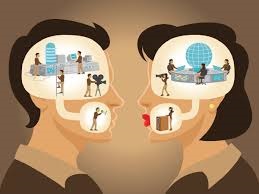 From
Alfred Korzybski ... From
Alfred Korzybski ...
“In the
"old" two-valued system,
agreement is theoretically
impossible; so one of the
main, and perhaps
revolutionary, semantic
departures from the old
system is the fact that a
non-el multi-valued
[non-A]-system, based on
fundamental negative
premises, leads to a theory
of universal agreement,
which is based on a
structural revision of our
languages, producing new and
undisturbed s.r, which
eliminate the copying of
animals in our nervous
reactions.
... a theory of universal
agreement, in the broadest
sense; namely, agreement
with one's self, eliminating
internal 'conflict', and
with others, eliminating
family, social, and
international conflicts. ,
is neurologically not only
possible, but also a
necessary semantic
consequence of using the
human nervous system in its
structurally appropriate
way.”
So my aim for today’s talk,
is not for us to come to
some agreement
but for you
to learn some of the GS
tools that can be used to
help you to come to some
agreements, in the future.
*** * ***
We refered (inter alia)
to:
* ETC 75:1&2 p47
“Communication: The Act and Art of Taking-For-Granted”
(Also on
Youtube)
by Corey Anton
* ETC 75:1&2 p 210
“Relationship Miscommunication…”
by Dallas Lee, Shannon Lee and Mary Lahman
* "Operational Philosophy"
by Anatol Rapoport, chapters 1,2,3,5
Following Anton’s paper, we
will consider application of
some general-semantics
formulations, such as:
* Abstracting,
* Consciousness of abstracting,
* Dating,
* Delayed reaction /evaluation,
* Either/Or distortion,
* Etc – what’s left out e.g. Alternative hypotheses,
* Expectations (expect to misunderstand and to be misunderstood),
* Fact – inference confusion,
* Identification (“is” of identity) and indexing,
* Map is not all the Territory,
* Map is not the Territory,
* Maps can be made of maps i.e. reflexive map making and meta maps,
* Meaning context dependent,
* Mind reading,
* People have meanings for words, not meanings reside in the words,
* Projection (“is” of predication.),
* Proposition / propositional function.
~0~
Some graphical items that we
considered:
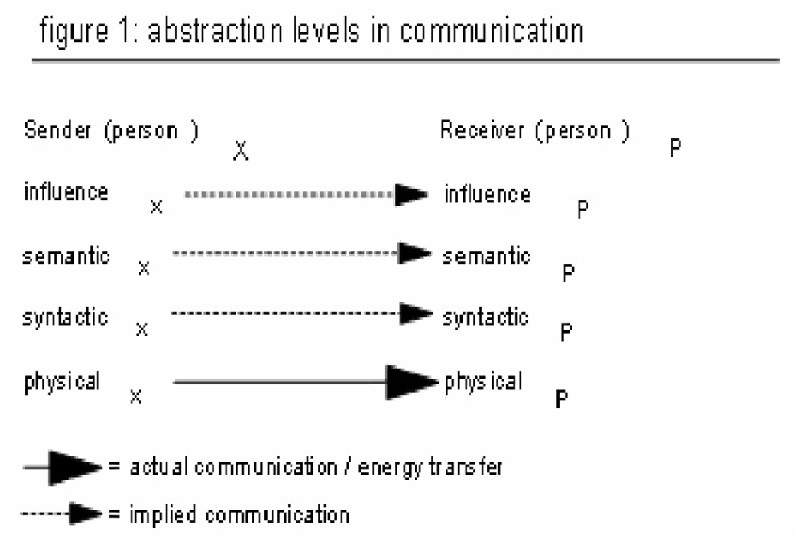
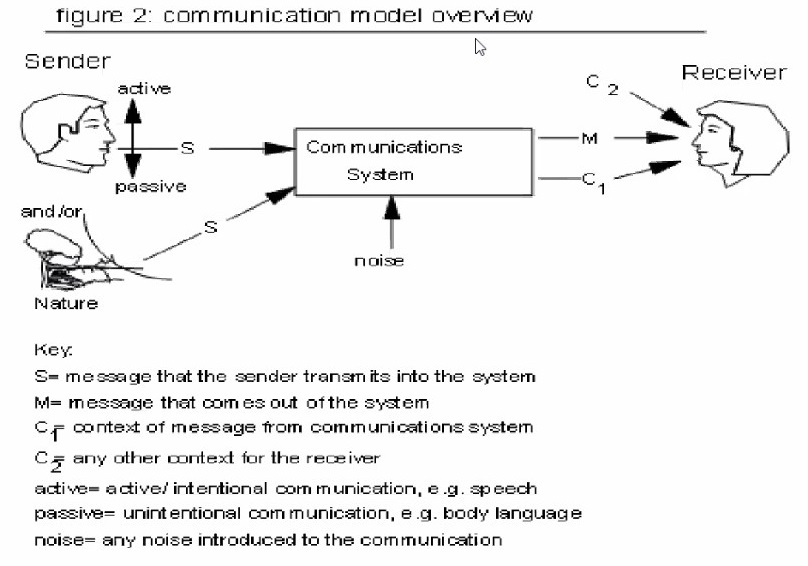
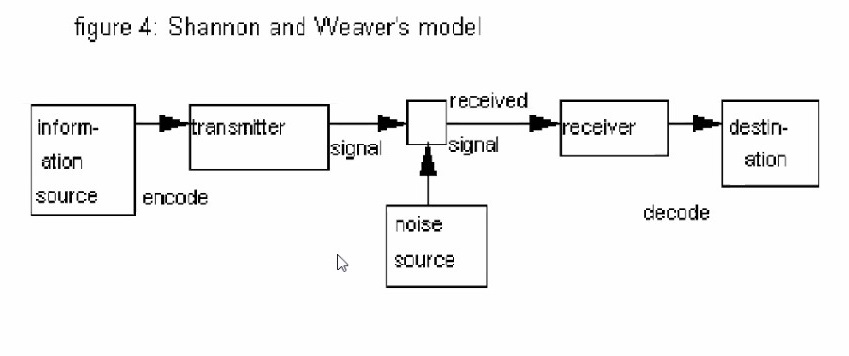
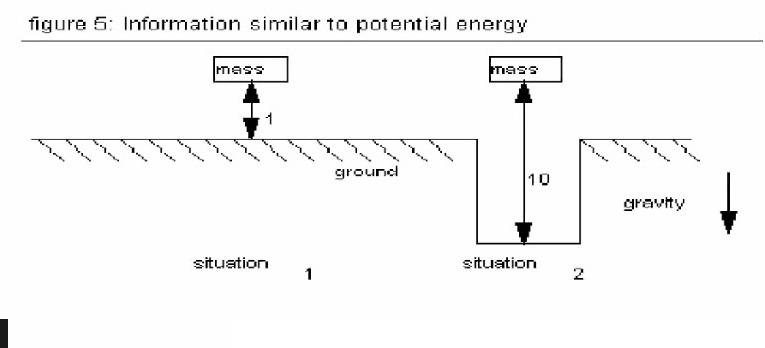
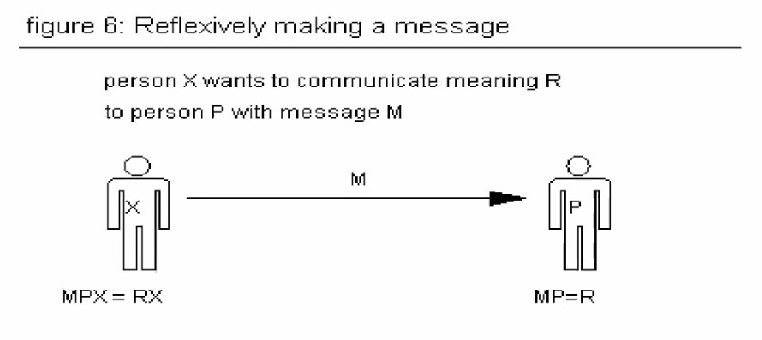
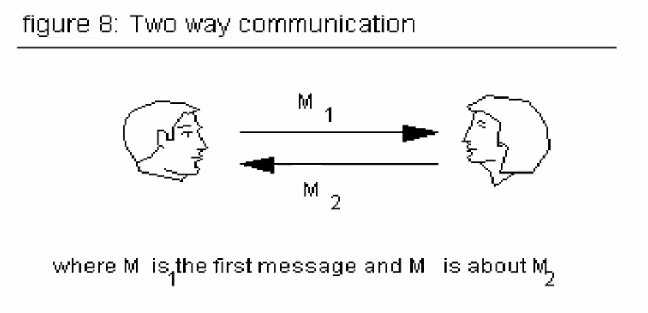
Some casual jottings by R.J. ...
*
Map is not ALL the territory: Examples for
discussion
Example: A smart young man, on his second
date, sent a message,
like "Well we could go to a restaurant, or
to the movies, or ... ", and the ...
was "misconstrued to imply some intimate
connotation far beyond what was intended!
* You must see the classic "Four
Candles" sketch by the Two Ronnies!
* And who can forget the old
walnut:
Message went
from the battlefield to HQ: "Send
reinforcements, we're going to advance",
and was relayed-on and received as "Send
three-and-fourpence, we're going to a
dance!"
* Newspaper puzzles
depicting a number of structures of
coloured blocks,
seen from different perspectives,
"with the challenge: "Determine which two
structures are the same.
*
successful presentation of the puzzles
(Different views).
* One
participant told of presenting sister with
a gift copy of "The da Vinci Code" book,
to be angrily told,
"Why did you give me that - are you
insulting my religious views?
*
Someone spoke to their neighbour on an
aeroplane, but the other didn't answer!
"Obviously too snobbish!
or, on application of GS principles, maybe
it was because they ...
didn't speak your language, or were
asleep, or otherwise unconscious, or dead,
or ... etc.?
* An exercise:
Should the "Coon cheese" brand be changed,
beacase of the allegedly racist
connotations of that name?
* How could we explain the
meaning of "white" to a blind person?
Trouble is, we need some shared experience
to start with.
For
example,
"Like snow" - "Ah yes, so it means 'cold'
",
"Like
a bunny rabbit" - "Ah yes, so it means
'soft' ",
"Like porcelaine" - "Ah yes, so it means
'hard' ",
"Like paper" - "Ah yes, so it means
'crinkly' " ... etc etc.
* Use of jargon -
often necessary, eg in technical
communications,
but
what about in explaining general
semantics? Do the words just get in
the way?
* How to use
language (and other symbolism) that is
accurate but still accessible?
Milton prefers a seminar environment to a
street-passing encounter.
*
What about non-verbal communication, such
as the "universal language" of music,
What about art therapy, helping people
express trauma to work through for
themselves?
* Propositions as
opposed to propositional functions:
"2 + 2 = 4" is a proposition (which
is true),
"2 + x = 4" is a propositional
function (where the truthfulness depends
on value of x).
* "Does God
exist?" - a propositional function, whose
truthfulness depends on one's
meaning/definition of "God" and "exist",
e.g. 20 definitions of “God” and 5
definitions of “exist” means you have
20*5=100 meanings for the question.
Many arguments of this type are due to our
meaning bypassing each other, as we have
different interpretations of the question.
* The
power of words, eg:
When Derek Bently, when confronted by
armed police,
instructed his 16 year-old
partner-in-crime "Let him have it, Chris",
did he mean "Hand over your gun to the
policeman.", or "Shoot the policeman."?
* We laboured on the "relativity
of meanings" vs the "variance of
meanings":
Right
from one perspective means Left from
another perspetive.
* The
tricky question of implied consequence:
President Trump said "The reason that we
have such a high reported virus death rate
is because we so much testing - perhaps we
should reduce the testing!"
Who, indeed, could argue with this
"logic"?
* Other
"common-sense" illusions -
Are two nearby plumb-bob lines parallel?
What about the
towers on the Golden Gate Bridge?
*
How can we ever "know the truth" about
anything -
Do we trust the author? (eg my best
friend, or an "expert witness"),
Do we have relevant experience? (When I
let go of an egg, it always falls to the
floor).
* Where does our
ëxperience" come from?
Pictures on paper / TV screen / Computer,
Sounds from radio / wax roll / "the
horse's mouth"?
*
How do we determine the "meaning" of
figures of speech -
"Raining cats and dogs", "Going down a
rabbit hole", "You must be mad" etc.
* How much of our language /
symbolism is operationally meaningless -
"The King is dead - Long live the King!
~0~
Disclaimer: This "summary" is a collection of notes derived from our discussion by a number of means. It is by no means a scholarly dissertation on the subject as presented. It does not purport to be the "policy of AGS". Comment and criticism (constructive or otherwise) is welcome. If anyone has been misquoted, copyrights infringed or confidences betrayed, please
Contact us.
Updated by RJ
26th July 2020
|
|







